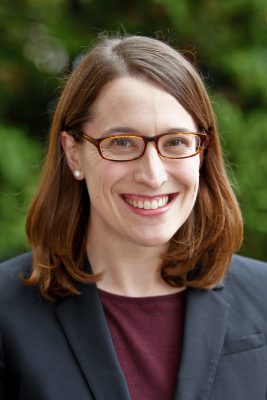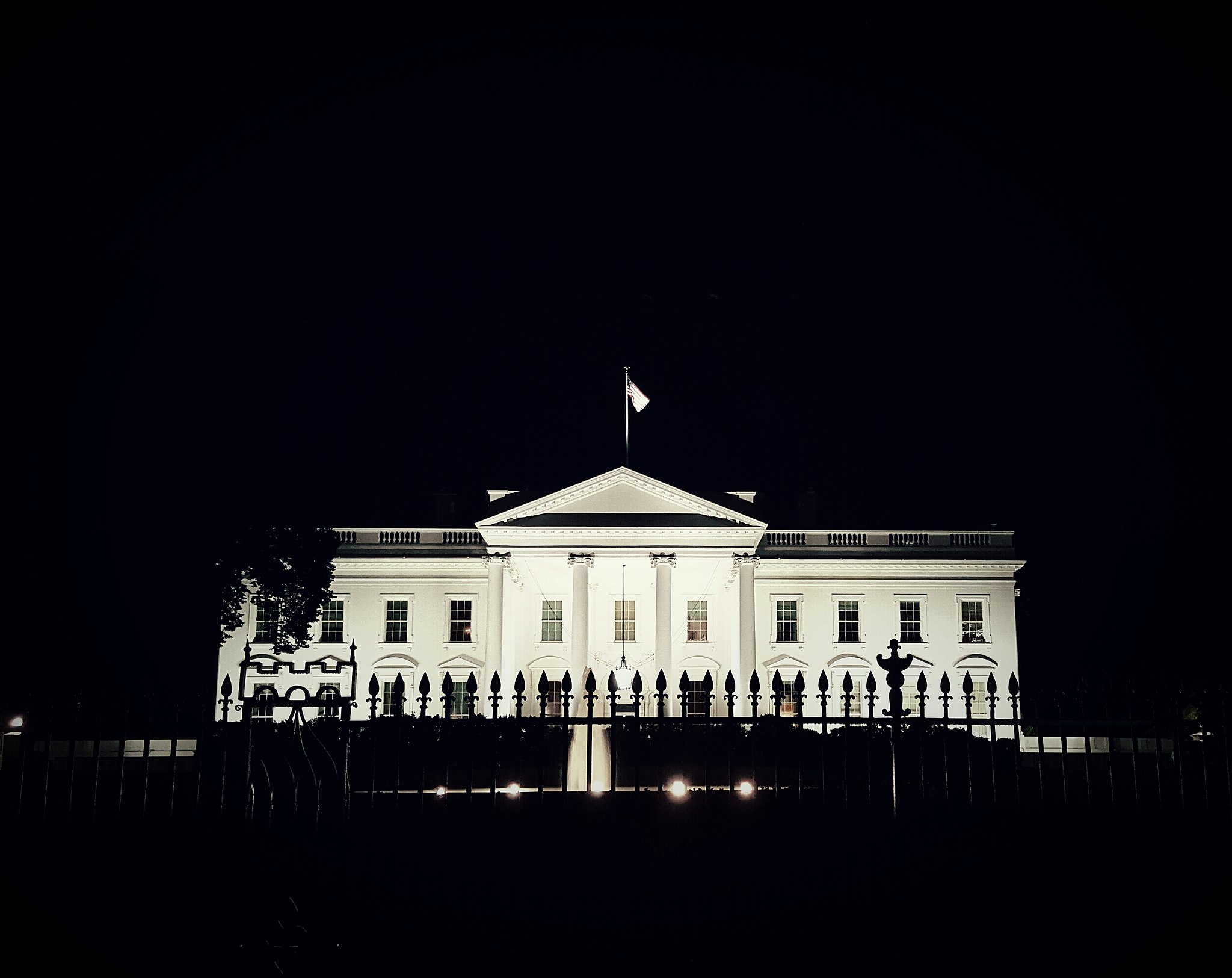The Lawfare Podcast: Counting the Electoral Votes
Published by The Lawfare Institute
in Cooperation With

It is electoral count voting day, and members of Congress in a joint session will open and count the electoral votes and declare Joe Biden and Kamala Harris the winners of the election. It will not be without controversy, however, as members from both houses plan to object, forcing debate, and as the Proud Boys descend on Washington. In anticipation of turmoil inside and outside of the Capitol, Benjamin Wittes sat down with Lawfare senior editor Scott Anderson, Brookings and Lawfare congressional guru Molly Reynolds, and law professor and election law specialist Ned Foley of The Ohio State University Moritz College of Law. They talked about what the rules are for counting electoral votes, how much latitude they have, what could really happen today and what role, if any, Mike Pence could play in the disposition of the final stage of the presidential election.









